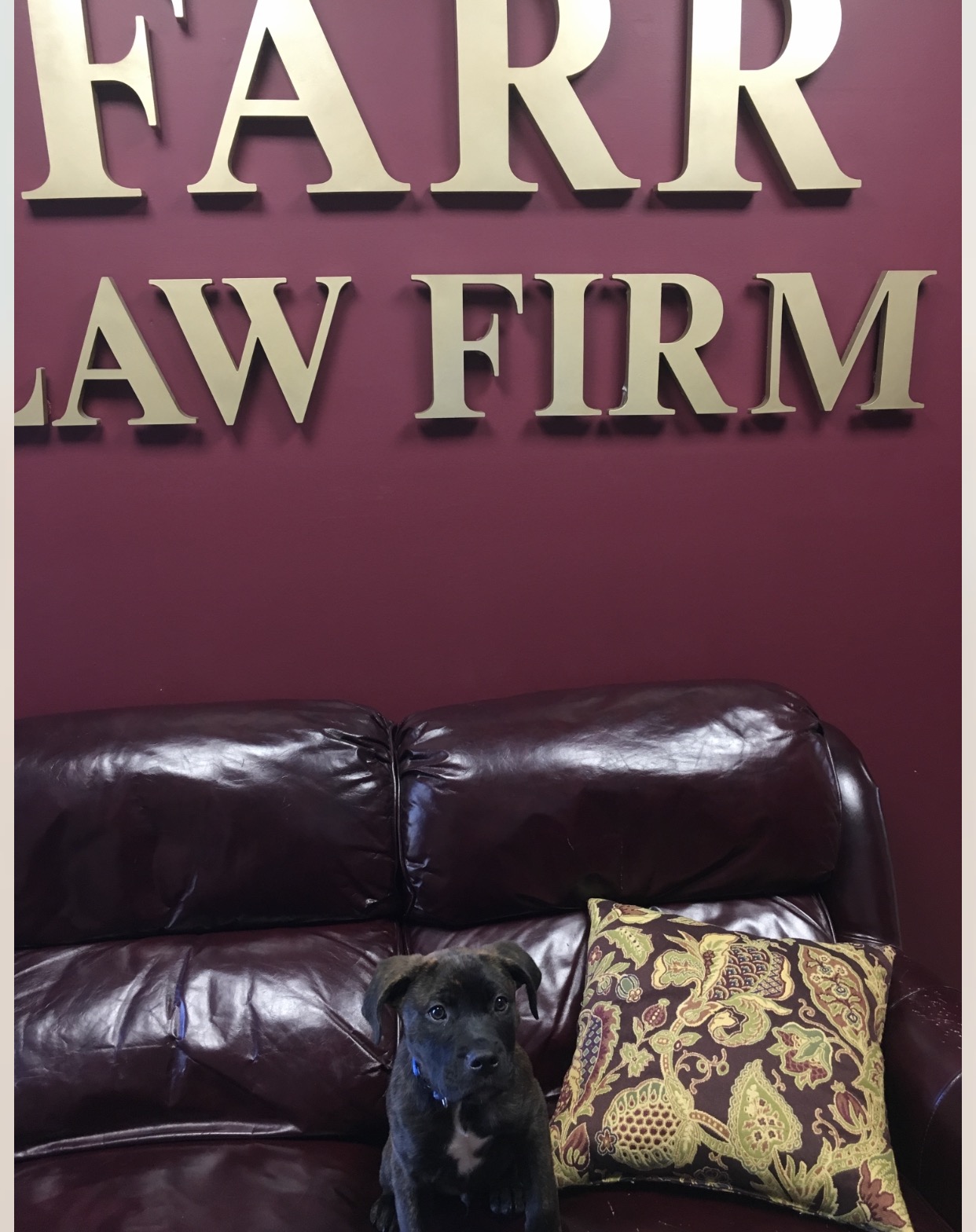
Dear Oakley,
In October, my mother (80) was hospitalized for a week as a result of a urinary tract infection, but she doesn’t seem to be recovering from her hospital visit. She came home from the hospital feeling a level of weakness and fatigue she had never experienced and it hasn’t subsided. No amount of staying active or daily walks seemed to help. The doctor told her to rest, but my mother isn’t the type to just lay in bed— she has always been up doing something. And, she is stubborn about getting any help! What do you suggest when it comes to reclaiming independence and vitality after a hospital stay?
Ty Erd
—
Dear Ty,
What you describe happens often to seniors who are hospitalized, even if its fewer than 10 days! The reason for the fatigue and weakness likely has to do with your mother’s muscles, as recovery from injury and illness can mean enforced periods of muscle disuse. Even short periods, such as a week or less in the hospital, can contribute to rapid muscle loss and negative health consequences such as frailty, decreased function, and falls.
Muscle loss is medically referred to as sarcopenia, and the prevalence of sarcopenia in 60-to-70-year-olds is as high as 13%, while it can be as high as 50% in people over 80. One study on adults in their mid- to upper-60s demonstrated that just four days of leg disuse led to a 17% decrease in muscle strength.
What She Can Do
Resistance Training is most effective in fighting against the loss of muscle mass, strength, and function in hospitalized older adults. But any type of exercise she can manage is helpful. A study carried out on 128 hospitalized patients over 65 demonstrated that resistance exercise continuing for 24 weeks after discharge resulted in significantly fewer hospital readmissions and doctor visits as well as greater improvements in quality of life.
Three Simple Exercises
According to trainers who work with older adults, three simple exercises in under 10 minutes can do the trick. Short bouts of these higher-intensity exercises not only improve fitness in older adults, they have also been shown to improve endurance rapidly and dramatically. Participants in one study more than doubled their “time until exhaustion” on an endurance test after only two weeks of higher-intensity exercise.
Be sure to check with a doctor and/or physical therapist before starting any exercise program.
Chair Squat
Sit on the front half of the seat with your feet back so the front of your feet are underneath your knees and about six to 12 inches apart. Your knees should be bent to about 90 degrees in sitting.
Stand up by pushing with your legs until your body is in a full upright standing position.
Lower yourself back to the starting position with control. Be sure to sit back down completely.
Heel Lift
Stand with your toes pointing forward and your hands placed lightly on a walker or the back of a chair for balance if needed.
With your knees straight and without leaning forward, lift your heels off the floor.
Lower your heels back to the floor with control.
High Knees Marching
Stand with your toes pointing forward and your hands placed lightly on a walker or the back of a chair for balance if needed.
Lift your leg up in a marching motion by taking alternating steps in place.
Stay Motivated and Consistent with Exercise
Prior level of function, medical conditions, and number of days hospitalized are important, but not the most important factors to a patient’s recovery, according to studies. The people who are able to stay motivated and consistent with exercise have the best results. Whether or not you or a loved one has been hospitalized, exercise is something you need to make part of your routine, even if it’s just a brisk walk, if you are able to do so.
Hope this is helpful and that your mother is back to her energetic self again soon!
Oakley














Leave a comment
You must be logged in to post a comment.